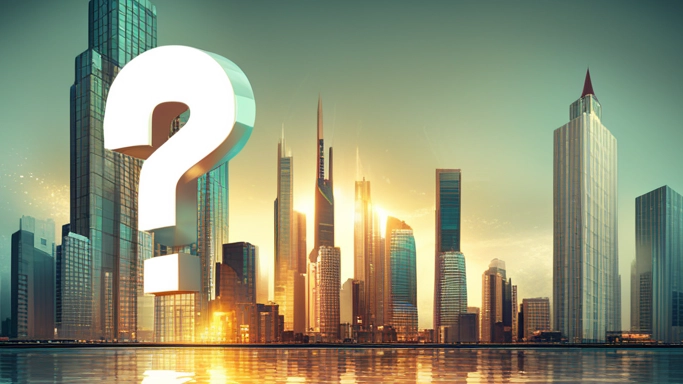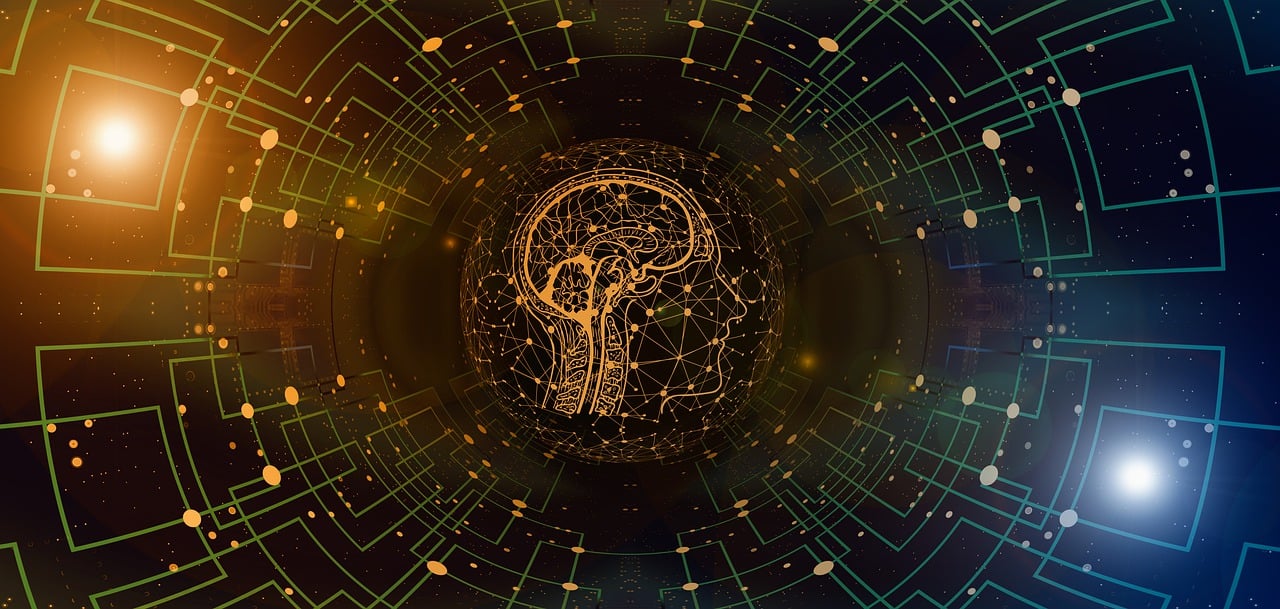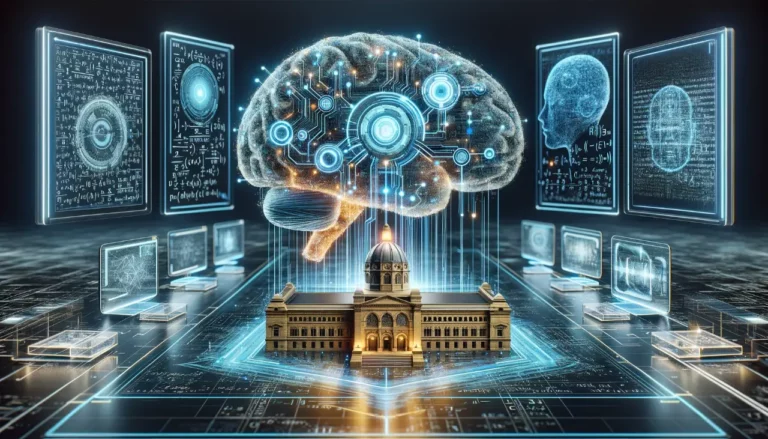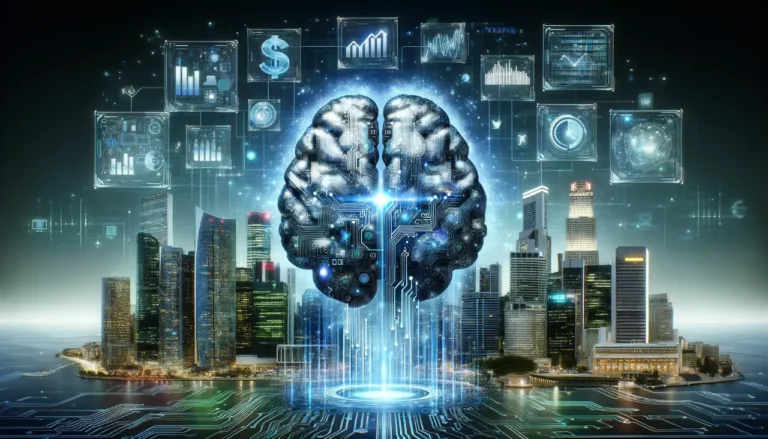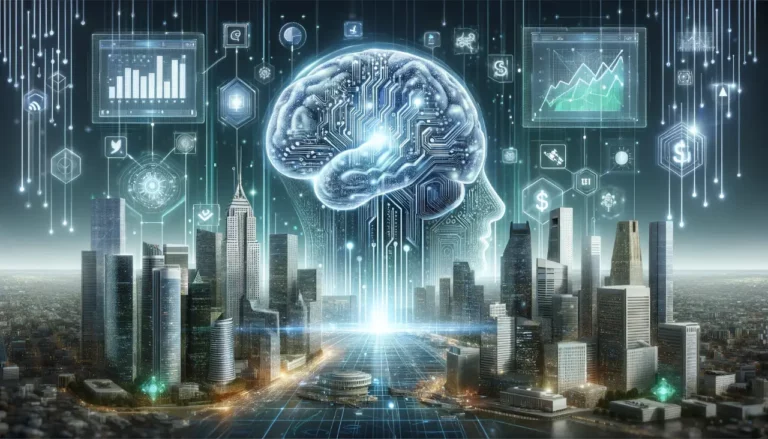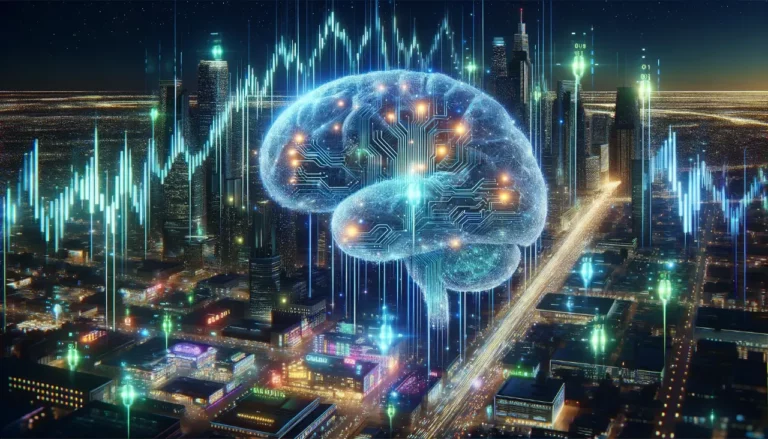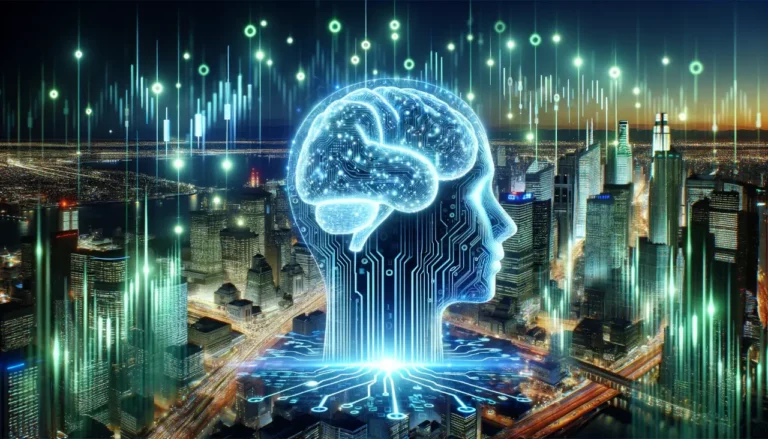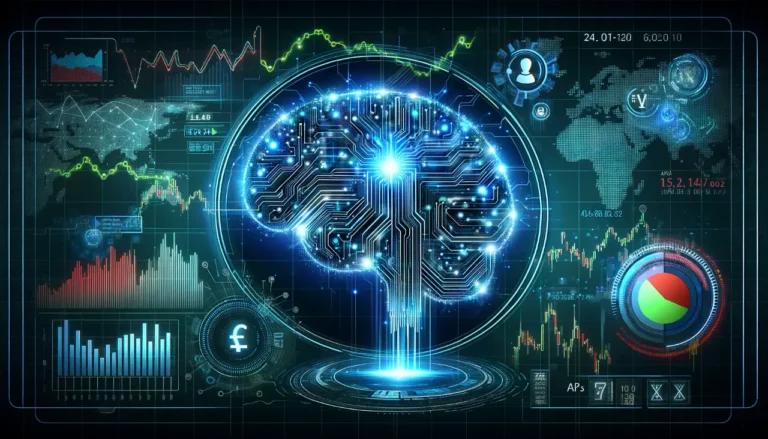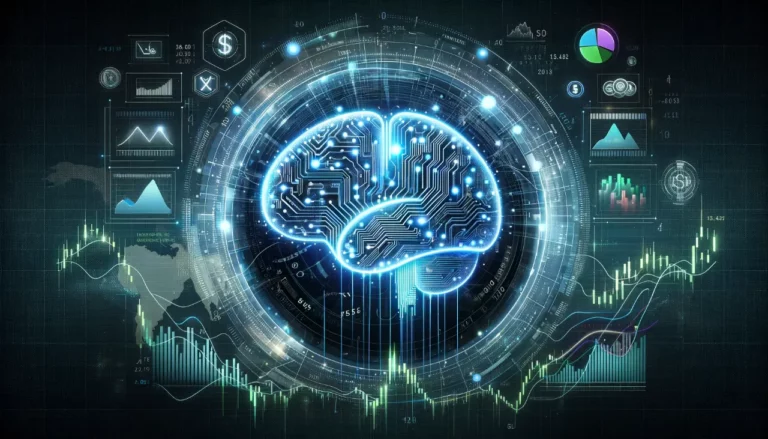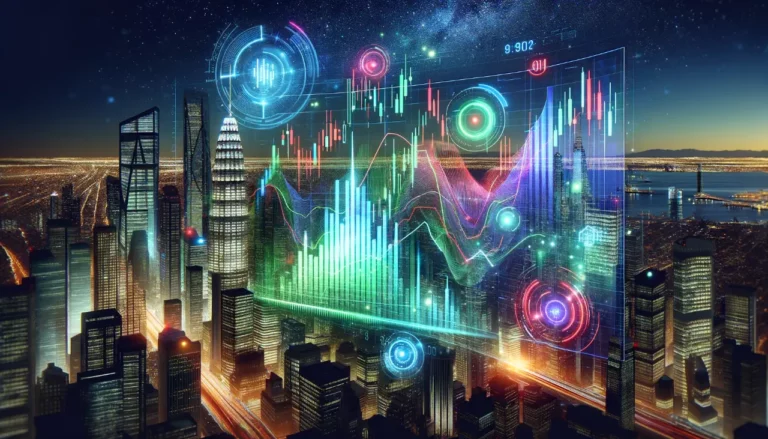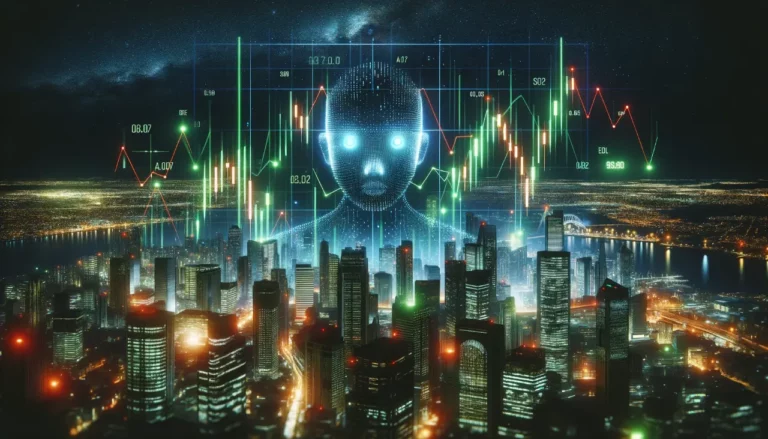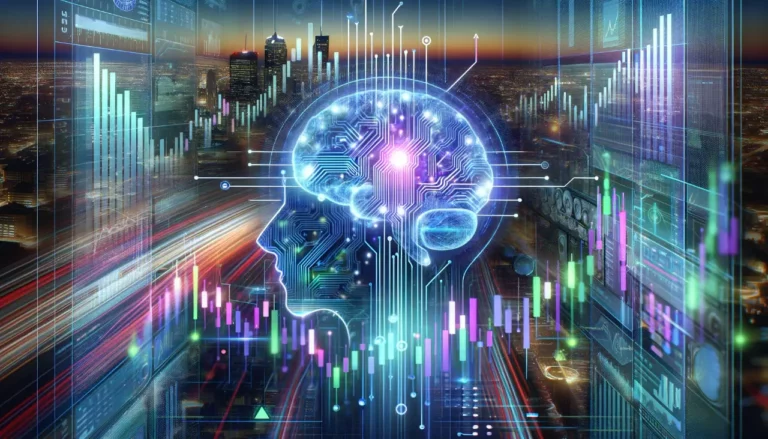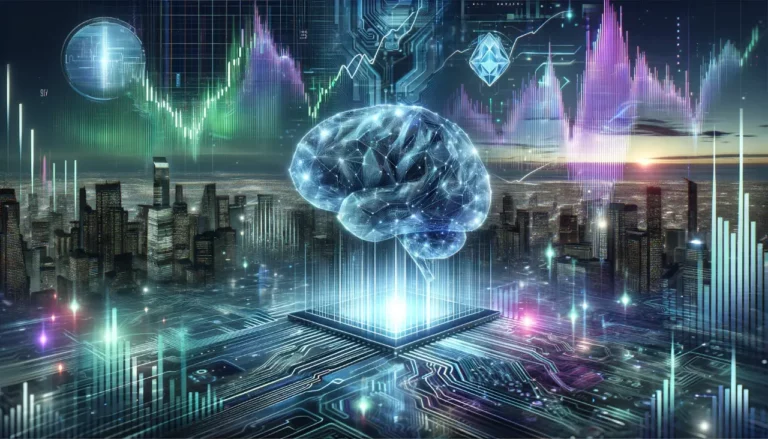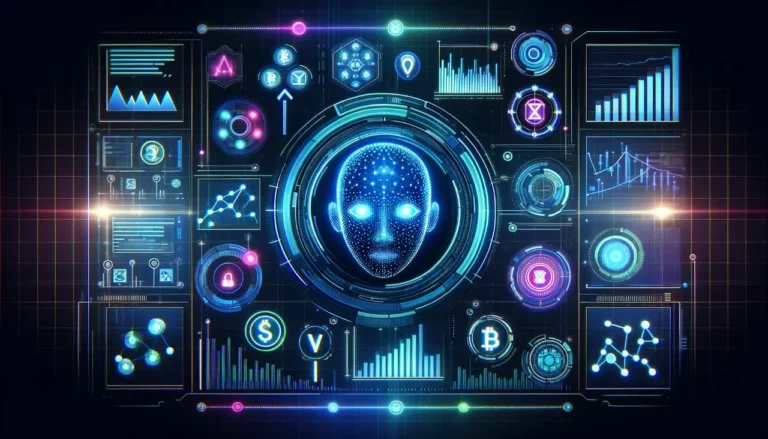Many people have an inaccurate picture of what artificial intelligence is. They link it to robots and believe in an AI apocalypse.
AI makes sense of data, allowing algorithms to self-correct and provide the best possible results. Whether you’re building software, using the chatbot GitHub Copilot or reading about the latest breakthroughs in AI, you can benefit from its powerful tools.
It’s the Future of Work
It’s no surprise that artificial intelligence has become the talk of the town. It’s been around for over a century and has already changed the way we do things.
The technology is based on machine learning, which involves computers analyzing data and learning from the information they collect. This allows them to take on a variety of tasks, including playing chess and driving self-driving cars. These systems weigh the consequences of every move they make and calculate how to act to prevent a collision or win the game.
Experts predict that AI will replace a large chunk of blue-collar work. Robots will be able to design, manufacture, deliver and even market products for minimal marginal cost. This will free up people to focus on more creative work and create a higher standard of living for everyone.
While many of these experts agreed that networked artificial intelligence will amplify human effectiveness, several warned that it could threaten our autonomy, agency and capabilities. They also pointed to potential threats, such as computer programs that can mimic a person’s voice and face to create deepfake videos, which may change what we consider genuine and the extent to which we will trust photos, video clips or audio.
They predicted that the most advanced artificial intelligence will be smarter than humans and able to solve complex problems, such as detecting hidden patterns in big data or finding cancers on medical scans. In addition, they said it will be able to make informed decisions quickly and reliably with much less input than a human would require.
These predictions are based on the idea that a smarter machine will be able to understand context and meaning, make contextually relevant decisions, learn from experience and apply knowledge in new situations. It will also be able to use a wide range of sensors, such as GPS and radar, to perceive the world and react appropriately.
It will also be able to make more informed and confident decisions about how to leverage technology in the workplace. While some experts are concerned about massive job loss, others point to the potential benefits of increased productivity and more confident decision-making.
It’s the Future of Healthcare
Artificial intelligence (AI) isn’t the “Terminator”-like figure some might imagine, but it could significantly change how we work and live. In fact, it already is transforming industries such as healthcare. AI tools can help sift through a massive volume of data, spotting trends that might not be obvious to human eyes. This could lead to improved diagnostics, faster and cheaper treatment for patients and even new cures.
In April, a study published in Nature found that an AI program was as good as or better than humans at identifying heart problems from ultrasound images of patients. Combined with the increasing number of digital records that can be scanned and compared, this kind of “precision medicine” will become a reality. AI is also increasingly skilled at detecting cancers, recognizing the signs of Parkinson’s disease in voice recordings, and sifting through a huge volume of chemical compounds to find tomorrow’s cures.
Experts expect these advances to have big economic consequences and affect every aspect of life. Some jobs will disappear, others may be created and many will shift in focus or function. For example, AI systems are expected to automate repetitive tasks in factories and sift through large amounts of data for insights that can improve decision making. In addition, they’ll be able to perform more complex tasks than humans can—like analyzing the results of hundreds of thousands of medical tests.
These changes won’t happen overnight, however. The experts interviewed by Forbes all agree that we need to establish clear standards for how these technologies can be used before they are widely adopted. This will include establishing “digital guardrails” to ensure that AI works as advertised, and doesn’t harm people in unexpected ways.
For instance, they should prevent data breaches, prevent the theft of personal information and limit biases that reinforce existing power structures. They will also make it easier to understand how AI systems work so they can be trusted. This will be done by requiring companies that use these technologies to disclose what they’re doing, so consumers can make informed decisions about using them in their homes and businesses.
It’s the Future of Education
AI tools are already making a big impact in the classroom. Teachers and professors can use AI to scour every piece of information in the world, finding insights that would be impossible to spot using traditional methods. This will allow them to focus on the more strategic aspects of their jobs and free up time to work with students, which will improve learning outcomes.
This will also make it possible to tailor instruction to each student’s skill level, interest and needs. Students who have trouble with a particular subject will receive more personalized help, while those excelling can be challenged with new material. And with so much data, AI can learn to find patterns and trends across different groups of people.
The most important thing to remember about AI is that it’s not the same as human intelligence, and there are still lots of places where it’s lacking. It’s not a panacea for all our problems, but it can provide powerful new tools that will change the way we do things.
We’re used to seeing AI in the form of software that autocompletes our words, offers suggestions as we type and automatically formats a document before printing it. But the next wave of AI will be a lot more sophisticated. These tools will not only be able to understand our speech, but they’ll be able to produce documents that can think for themselves and create original content on their own.
Moreover, they’ll be able to adapt their approach based on our previous interactions and how we engage with them. This means they’ll be able to predict what we want to do before we even realize it ourselves. And they’ll be able to do it better than we can, and for a fraction of the cost.
This could have a huge impact on the economy and the way we do things. For example, it’s likely that automation will replace many blue-collar jobs like telemarketing or manning customer service lines. And within corporations, it will displace many entry-level routine jobs across departments over time.
But there are also fears that this will lead to a dystopian future, where AI takes over everything from writing books to delivering our food. Some experts have voiced concerns that AI will increase inequality and lead to a global crisis of trust. Others argue that, if properly used, AI will be an ally for workers and a valuable resource for the economy.
It’s the Future of Finance
Artificial intelligence is already changing the way we do many things, and it’s only going to get better. But it’s also raising concerns that it will replace jobs and cause economic inequality. Whether these fears are realistic or not, the future of AI certainly is fascinating to watch.
AI algorithms are designed to make decisions, often using real-time data. They can analyze massive amounts of digital information or remote inputs such as satellite imagery, visual information, text and unstructured data. They can find patterns and then turn these insights into practical applications.
For example, an AI algorithm could automatically detect unusual debit card usage or large account deposits and alert a bank’s fraud department. This could help reduce fraudulent activity, saving the financial industry millions of dollars. Another use is to make trading easier by making supply, demand and pricing predictions more accurate. The result is more efficient and transparent markets.
Some people worry that AI will replace their jobs and lead to mass redundancies. However, others say that the technology will create new jobs and improve existing ones. Regardless of the impact on the economy, there is no doubt that artificial intelligence is changing the world in profound ways.
There are even suggestions that it will eventually reach human-level intelligence, and this may happen sooner than you might think. Scientists at Lawrence Livermore National Laboratory in California made a significant step toward this goal last year by triggering a nuclear fusion reaction that led to a net energy gain.
Other experts predict that it will accelerate research in areas such as radiology, pathology and drug discovery. These advances will help human scientists solve a wider range of medical problems more quickly and at lower cost, including finding cures for rare diseases that would otherwise go untreated because they cannot be profitably developed as blockbuster drugs.
There are some who believe that human-level AI will ultimately threaten humanity and cause the end of civilization as we know it. However, these claims are based on a flawed logic that assumes that any technology is inherently harmful if it doesn’t have direct input from humans. The fact is that technology-based solutions often offer the greatest benefit. From circuit breakers to stop electrocution to anti-virus software to stave off computer viruses, we have long learned that technology is not inherently bad.
